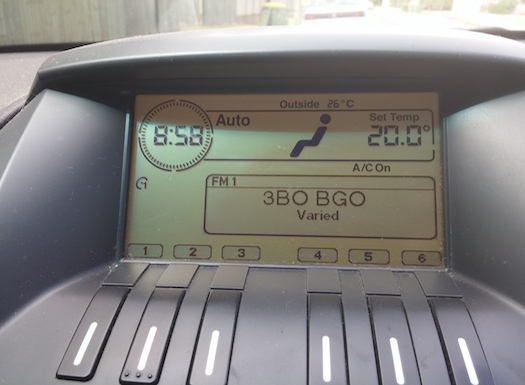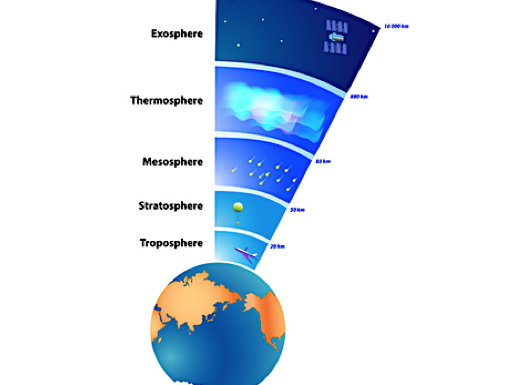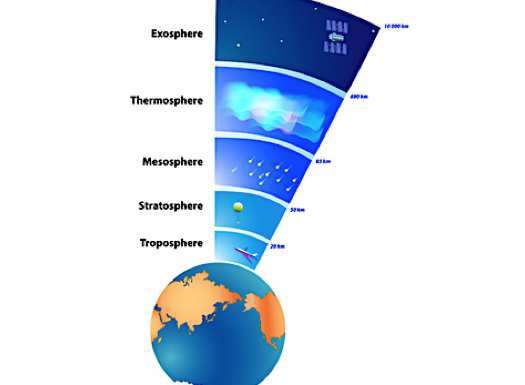At this time of year, atmospheric effects can give stations interference problems by reflecting radio signals well beyond thier official coverage areas.
In Australia this week, stations have reported interference from signals thousands of kilometres away (see radioinfo report).
The cause is known as Sporadic E, an atmospheric effect that causes signals in the 30-300MHz range to reflect off the E layer of the Earth’s atmosphere, around a hundred kilometers above Earth’s surface, instead of flying through into space.
We consulted a number of technical experts about this, with many surprised at the strength of an interference signal noticed by Queensland Content Director Rod Bryce. It was strong enough to carry the RDS data into his car dashboard as well as just audio.

Radio people from all over Australia also reported experiencing the phenomenon.
Reminds me when I got 91.9 Sea FM Sunshine Coast in Canberra.
I had New Zealand romping in here at Coffs Harbour this morning.
Yeah I got Bendigo crystal clear. Smooth melbourne 91.5 was coming in patches too but not as clear.
And HiT107, Freah & MIX102.3 in Toowoomba – Still on now!
Fraser Coast clear as… in the Adelaide Hills
Sent star fm in tassie, which i picked up in warwick qld, an email but they didn’t believe me. All quiet now.
The worst on air sound goes to 101.3 Mixx FM Horsham, it was the best I have heard temp inversion for awhile, Adelaide and Adelaide Foot Hills were amazing signal, a few 2m contacts were made to VK3. The band was full. All River listeners in Brisbane hope you enjoyed Triple J regional Vic for your listening enjoyment.
National Radio Engineering Manager at Southern Cross Austereo, Steve Adler, says some of his stations experienced Sporadic E today.
“We experienced Victorian and South Australian FM stations being heard in Queensland. Brisbane stations being heard in Tasmania and the RIVER 104.9 in Albury being head in Auckland! There was a fleeting glimpse of a New Caledonian FM station being heard in Queensland too.”
Adler says: “Sporadic E activity peaks predictably in the summertime in both hemispheres. Activity usually begins in mid-December in the southern hemisphere, with the days immediately after Christmas being the most active period.”
The technical team at Australia’s broadcast regulator ACMA explain:
“Sporadic E propagation is the reflection of radio signals from ionised patches in the E layer of the ionosphere. This type of propagation was more common when channels 0, 1 and 2 were in use for analog TV, however, it also can affect FM radio signals.
“Signals from transmitters in the range 800 to 2600 kilometres may be received at levels several orders of magnitude greater than those which would normally be expected.
“Although sporadic E propagation is seasonal, propagation conditions may be such that when it does occur, high unwanted signal levels can be maintained for several hours.”
More information is available on various online sources including Wikipedia.

Thanks to Steve Adler, John Maizels and ACMA Technical department for the research on this report.

